
Bendeka was approved for indolent B-cell non-Hodgkin lymphoma that progressed during or within 6 months of treatment with a rituximab regimen.

Bendeka was approved for indolent B-cell non-Hodgkin lymphoma that progressed during or within 6 months of treatment with a rituximab regimen.

Trial data shows positive results across a range of difficult-to-treat patients with MM.

Top news of the week in cancer drug development.
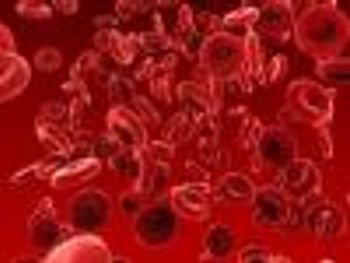
Researchers target how cancer cells avoid treatment.

Treatment shows clinically meaningful reduction in the number of cancer cells in patients with relapsed or refractory chronic lymphocytic leukemia.

Addition of midostaurin to chemotherapy shows promise in patients with AML.
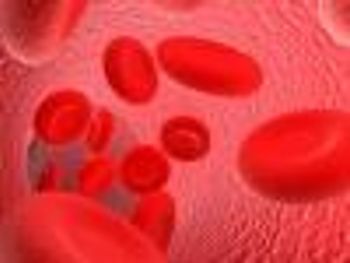
Experts provide unique perspectives on the safety, efficacy, and potential for clinical integration of 3 recently approved agents for multiple myeloma.
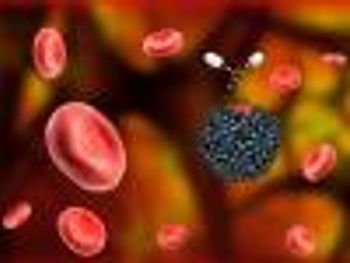
Addition of bortezomib to lenalidomide and low-dose dexamethasone therapy extends disease control.

Anemia caused by chemotherapy for lymphoid malignancies improved in patients with non-Hodgkin's lymphoma and multiple myeloma.

Epoetin alfa biosimilar shows promise in early study.

Empliciti combination decreased disease progression risk by 30%.
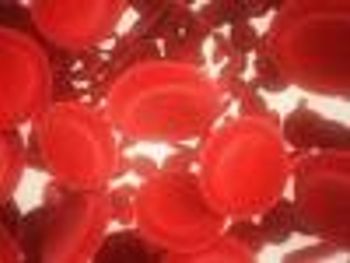
Reolysin plus bortezomib and dexamethasone treats patients with relapsed or refractory multiple myeloma.
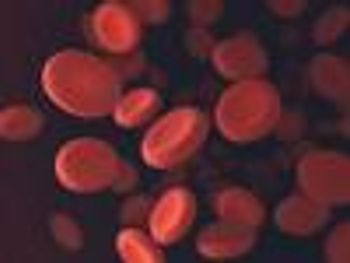
Ixazomib is an oral proteasome inhibitor used in combination with lenalidomide and dexamethasone.

Molecular mechanisms behind acute myeloid leukemia may offer a new target for drug development.

Novel drug shows promise in chronic lymphocytic leukemia and non-Hodgkin lymphoma refractory or resistant to current chemotherapies.

Daratumumab is a single agent for multiple myeloma in patients who previously received at least 3 lines of therapy.

Approval sought for Imbruvica combination for patients with relapsed or refractory chronic lymphocytic leukemia or small lymphocytic lymphoma.

Multiple myeloma comorbidities may contribute to the development of pulmonary hypertension.

Patients with cancer see a decline in employment, hours worked, individual income, and total family income following diagnosis.
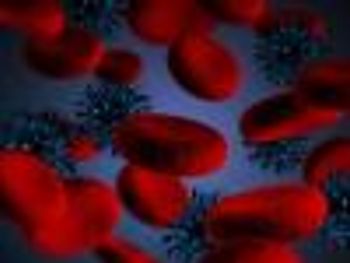
Once-a-week treatment is the first oral proteasome inhibitor to reach late stage clinical development.

Terms like revolutionary or miracle cause confusion for readers.
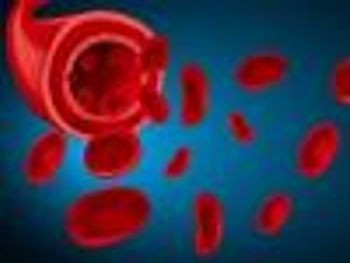
Multiple myeloma therapeutic spending forecast to his $22.4 billion by 2023.

Blood test offers insight into how well a drug is working during the course of cancer treatment.
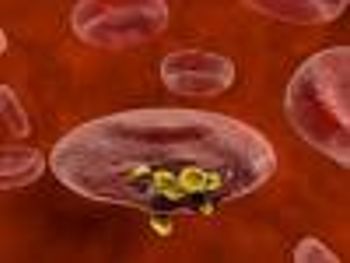
Malaria protein is able to attack more than 90 percent of all tumor types.

Clonogenic stem cells show heightened self-renewal and differentiation capacities in multiple myeloma.